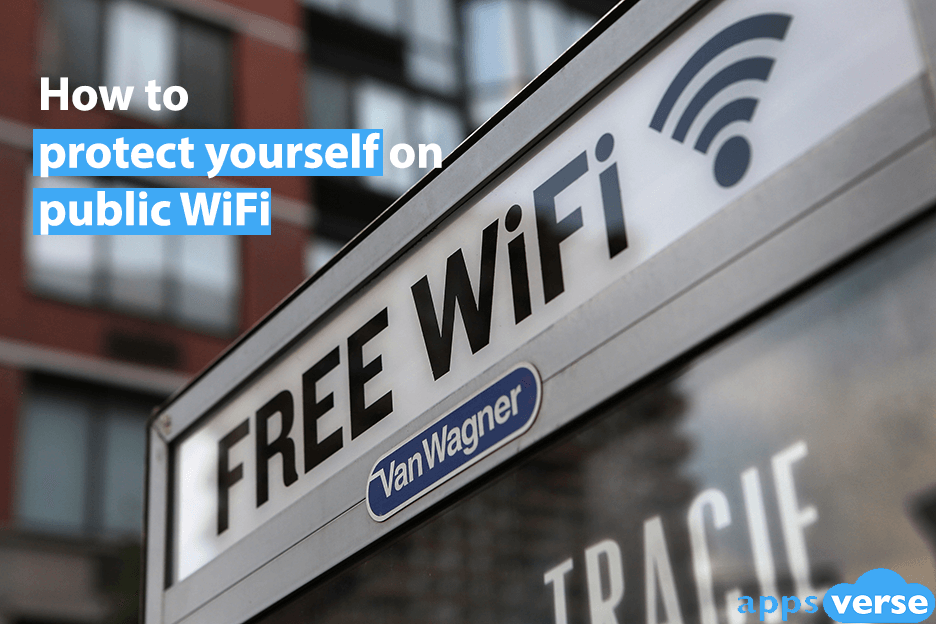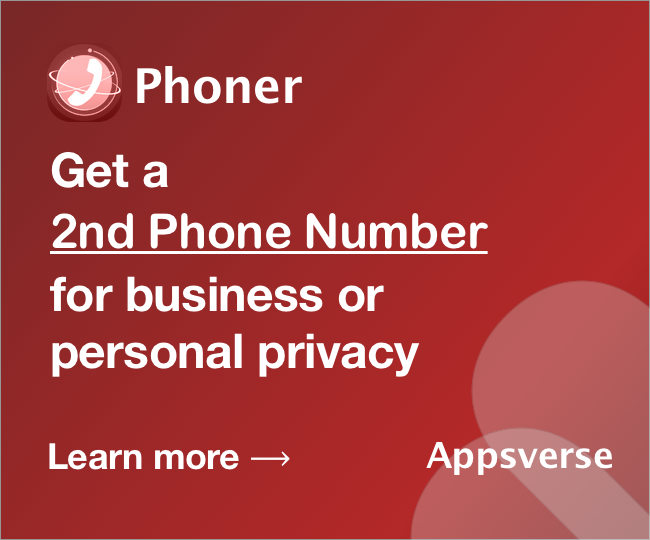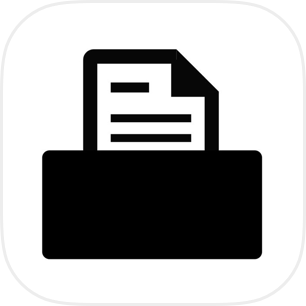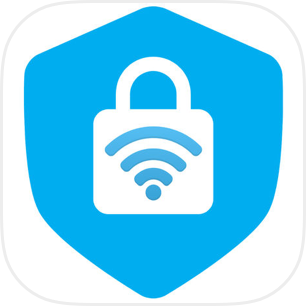If you’re often heading out to cafes or libraries for study or work, you need to know how to protect yourself on public Wi-Fi.
Don’t think connecting to free public Wi-Fi won’t cost you anything. If unsecured, you could be putting your personal information – and yourself – at great risk.
Not sure how to use public Wi-Fi safely? Is it even safe to use public Wi-Fi?
Read on to find out some must-know public Wi-Fi safety tips.
How to protect yourself on public Wi-Fi: 5 easy tips
Tip 1: Avoid sites that require personal information
Regardless of which public Wi-Fi network you’re using, you should never, ever provide highly sensitive personal information. This includes your:
- Bank account
- Home address
- Social Security number
- PIN number for any sensitive accounts
Naturally, this also means that you should avoid conducting any financial transactions on public Wi-Fi networks.
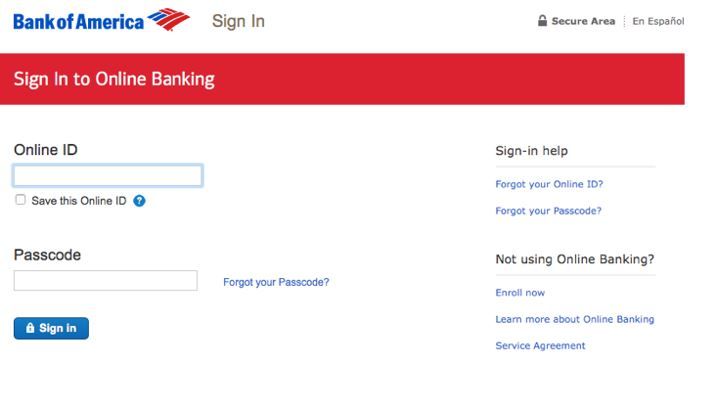
But wait – isn’t it safe to use public Wi-Fi as long as it’s secure and well-encrypted?
It may be, but you’re likely in a crowded public setting. All it takes for anyone to gleam your personal information is a glance over your shoulder.
Tip 2: Only use secure websites and well-encrypted networks
Speaking of secure and well-encrypted, be sure to only use websites that start with HTTPS and only use networks encrypted with the WPA2 standard.
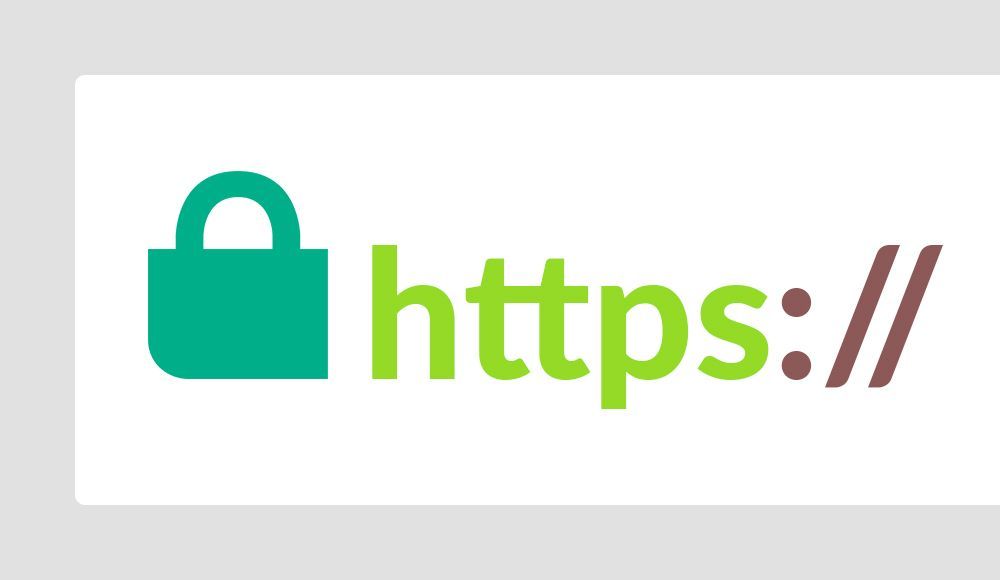
This is particularly important since public Wi-Fi is often susceptible to what’s known as Man-in-the-Middle attacks. Hackers can easily position themselves in between connected devices and listen in on data that’s being transmitted if a public Wi-Fi network is unsecure or secured with the wrong encryption standard.
All public Wi-Fi networks carry some degree of risk, but you can minimize it by choosing to only surf secure sites with HTTPS instead of the usual HTTP. To do so, simply check the URL of the website you’re surfing.
Less obvious is the encryption standard of the public WiFi network you’re surfing on.
Everyone knows it’s unsafe to use unsecured Wi-Fi, but it’s actually also unsafe to use Wi-Fi networks secured with the wrong encryption standard. WEP and WPA standards are risky to use, so be sure to only connect to public Wi-Fi networks that use the WPA2 standard.
Tip 3: Always verify public Wi-Fi networks before using them
By verification, we don’t mean some complicated, technical process that takes you an hour to finish.
All you need to do to confirm if the public Wi-Fi network you’re about to surf is legitimate is to:
- Look out for an official log-in page
- Check in with staff
- Look out for posters displaying information about the public Wi-Fi network
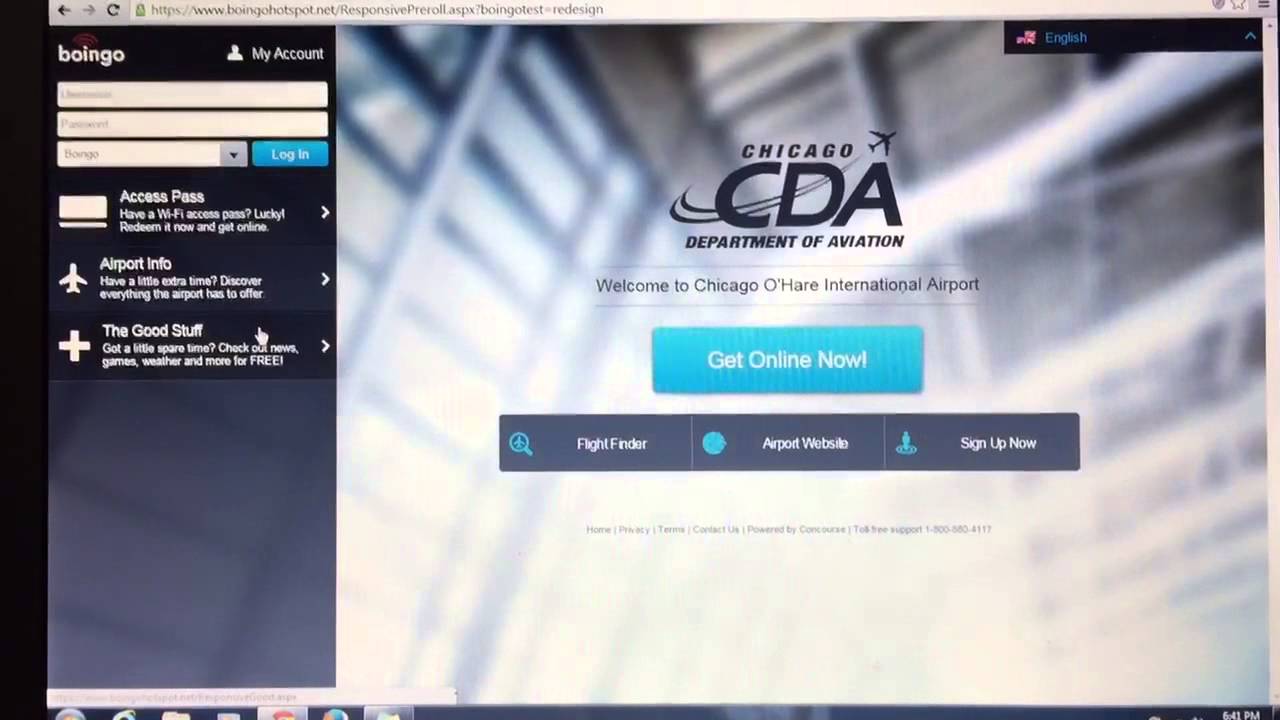
You should also disable automatic connections to public Wi-Fi on all of your mobile devices. Just because you’ve connected to a network in the past doesn’t automatically make it safe to reconnect to it.
For Android Users
- Go to Settings
- Select Connections
- Tap and hold network name
- Choose Manage Network Settings
- Toggle Auto-reconnect off
For iOS users
- Go to Settings
- Select Wi-Fi
- Tap the Info icon beside network name
- Switch off Auto-Join
Be extra-observant when verifying public Wi-Fi networks. Hackers often use near-identical false networks to trick users (these are known as Evil Twin attacks). This is especially true in places where both free and paid Wi-Fi is available.
Tip 4: Equip your device with antivirus protection
Surfing on secure websites and well-encrypted networks can minimize the risk of unwanted intrusions, but it won’t stop viruses or malware.
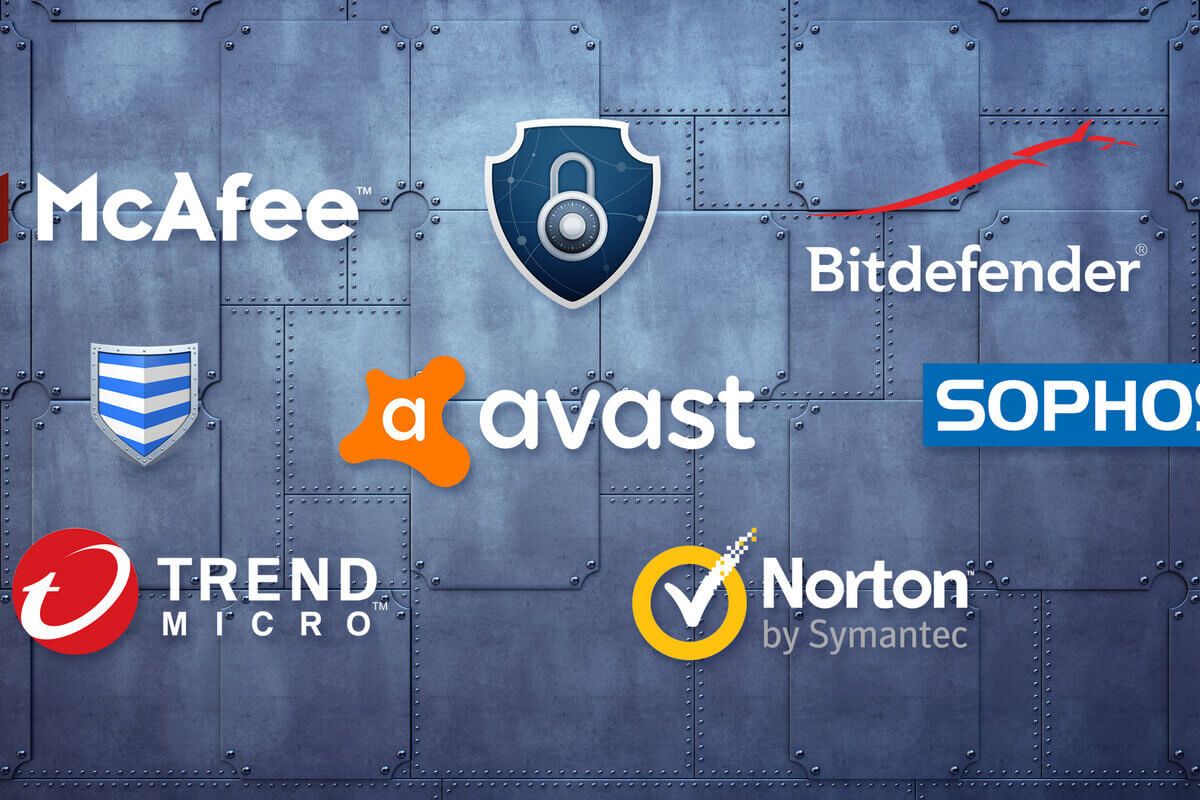
To protect your device from these, you’ll need to have antivirus or anti-malware software installed. Also make sure to always keep your antivirus protection up-to-date.
Tip 5: Use a VPN
The biggest problem with public Wi-Fi is risk your data is exposed to when it’s in transit from sender to receiver. During this time, anyone can listen in if you’re on an unsecure public Wi-Fi network.
Want to stop unwanted eavesdroppers on public Wi-Fi? Get a VPN like VPN Vault.
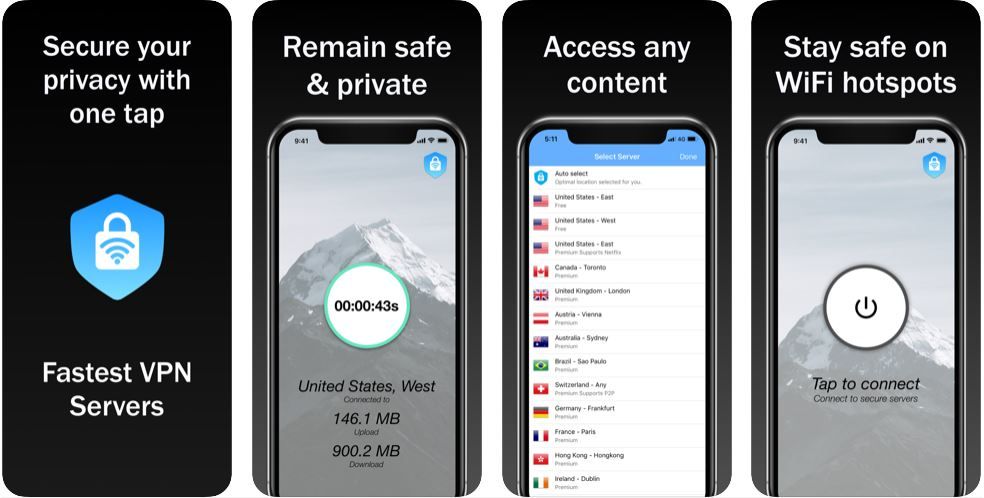
A VPN masks your IP address and encrypts your online traffic so that only you (and your ISP) know what you’re doing on the internet. When hackers try to access data encrypted by a VPN, all they’ll see is gibberish.
With VPN Vault for example, your data is protected with military grade encryption. IP addresses and browser histories are also not logged, keeping your online activity fully concealed.
Stay Safe on Public Wi-Fi
Public Wi-Fi is the digital equivalent of a desert oasis. But while free public Wi-Fi is irresistible, you should always to stop to consider: is it safe to use public Wi-Fi?
These public Wi-Fi safety tips will help provide some protection while you’re surfing on public Wi-Fi networks, but only you can keep yourself truly safe.
So now you know how to protect yourself when using public Wi-Fi. Start practicing safe public Wi-Fi usage with these quick tips today!
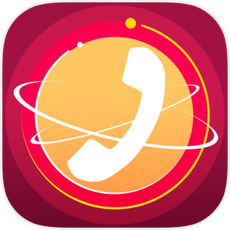
 4.5/5 on App Store
4.5/5 on App Store
